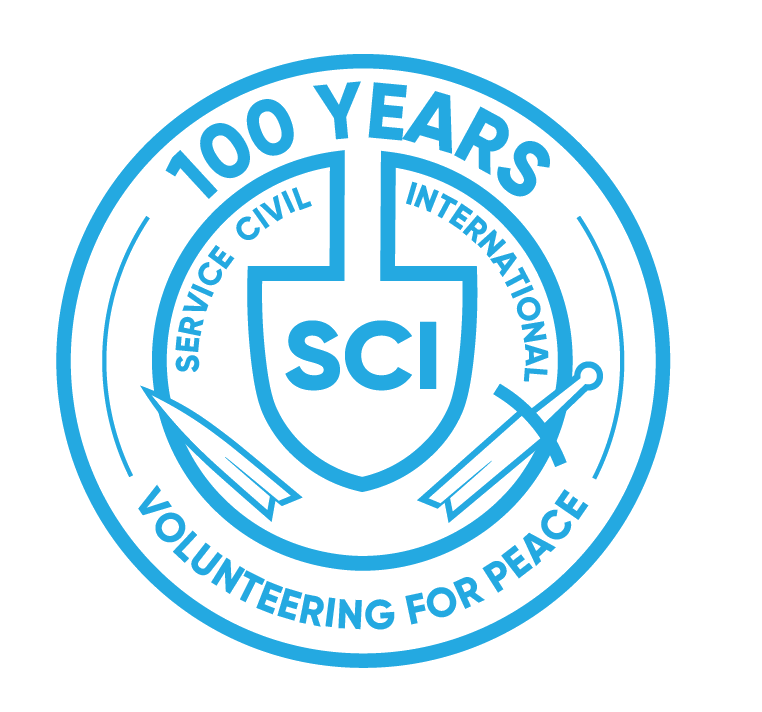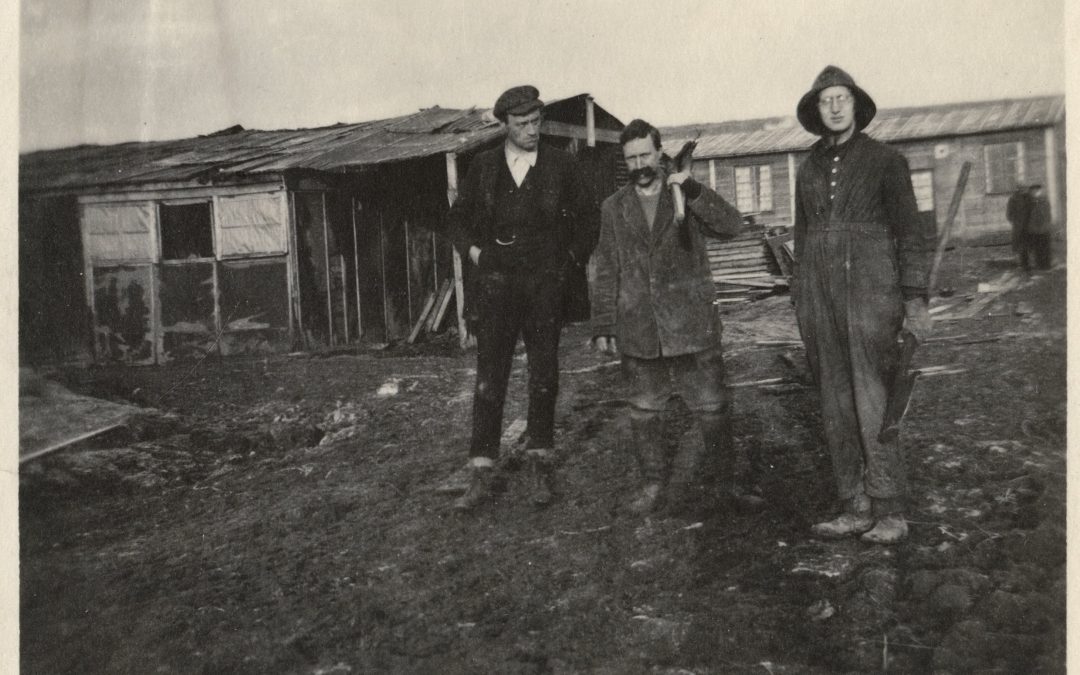The “first workcamp”, started in November 1920 in Esnes, a war-destroyed village in Eastern France near Verdun, continued during the whole winter of 1920 / 21. In March, however, the French authorities ordered to cease all work for the municipality or for government agencies.
The sixth and last report on behalf of the “International Service Group” dates April 15th, 1921, and has been signed by Pierre Ceresole. It is mentioned that work for individuals and families could first be continued. An incident caused by a young guy from Switzerland who had visited the camp during the Easter holidays lead to further tension: The allegation was that the teenager had engaged in acts of animal cruelty against the cattle of the village. Apparently, the mayor (who had so far been favourable to the presence of the international group), and some of the inhabitants suspected the whole group to lead a conspiracy against the local population. The German volunteers left Esnes on March 31st. Ceresole in his report is not clear what was the cause of their departure. But he mentions that after their departure, all of a sudden it had been signalled to the group that nothing spoke against a continuation of the works. At that point the group decided to end the project – it was not acceptable to them that it depended on the departure of the German friends whether they were welcome or not.
On April 7th they had a meeting with the préfet in the département capital Bar-le-Duc. The préfet explained to them that the decision to prohibit all work for the general public by the international group had been a political one, depending neither on his personal will nor on the actual behaviour of the volunteers. At the end of his report, Ceresole states that he cannot accept these political realities and that he had never fought against anyone but rather against the spirit of narrow-minded nationalist prejudice. In a letter to the préfet dated May 1st, 1921, Pierre Ceresole justified, once more, the reconstruction project, and he concluded: “The creation of a peace corps of foreign volunteers (corps de volontaires étrangers pour la paix) is less paradoxical, and all in all more natural, than the creation of a foreign legion (légion étrangère) for war.”
The first project of what later had become SCI had to be terminated under circumstances which were neither friendly nor particularly glamorous. However, the spirit of the founders could not be broken. And still, one hundred years after, this project is being remembered as a pioneering action for peace, amidst a societal context poisoned by hatred and prejudice.
Heinz Gabathuler
Philipp Rodriguez has compiled an extensive collection of original documents in French, German and English on the Esnes project which can be downloaded in pdf format https://archives.sci.ngo/news/106/126/The-first-workcamp-of-Service-Civil-International/d,download_detail.html


